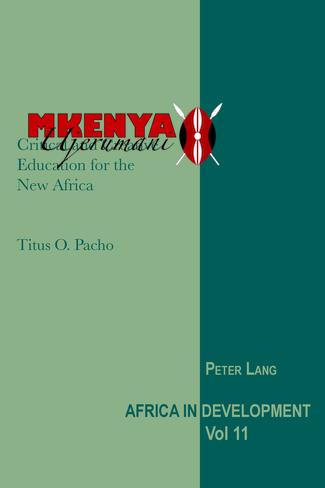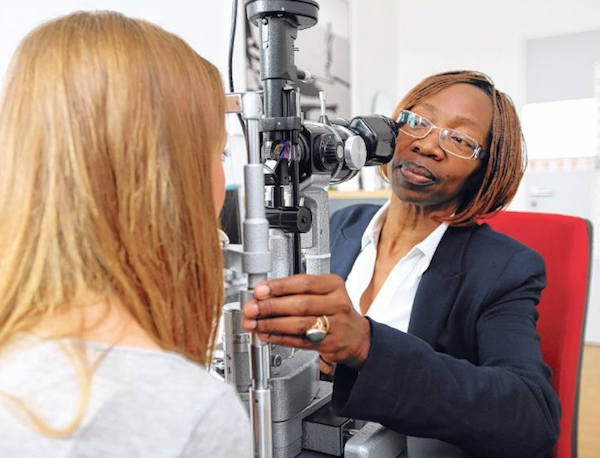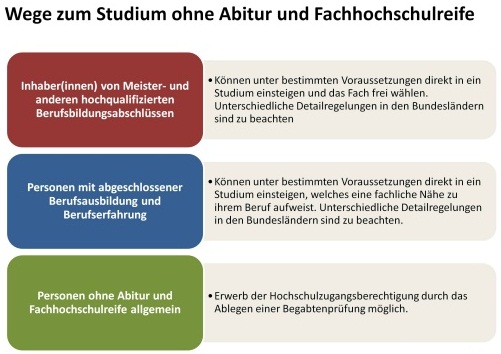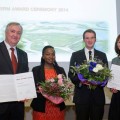 Many have discussed whether or not African countries needs to change their education systems and their curricula content. Well, here’s a Kenyan who has gone as far as writing a book about the new education Africa should embrace for its success.
Many have discussed whether or not African countries needs to change their education systems and their curricula content. Well, here’s a Kenyan who has gone as far as writing a book about the new education Africa should embrace for its success.
Meet Titus Ogalo Pacho, a Kenyan currently based in Hamburg where he’s doing his PhD. He holds a MA in Philosophy from the University of Zimbabwe and a Bachelor of Education from Kenyatta University, Kenya. He currently lectures at the Zimbabwe Open University, Domboshawa Theological College, Christ College and Heartfelt Institute of Ministry, Harare, Zimbabwe. His research interest is in the areas of Philosophy, Higher Education, Politics, Peace, Security and Development. He has worked in Kenya, Uganda, Tanzania and South Sudan in the field of education.
His book Critical and Creative Education for the new Africa discusses (from his website):
 A well-balanced education that prepares Africans to live confidently, as Africans, in today’s globalized world is a prerequisite for developing an active and responsible citizenry. This book explores critical and creative education as a useful approach for addressing socio-political and economic problems in Africa and transforming them for the betterment of the continent. It also examines some of the critical areas that African countries need to focus their attention on – poverty eradication; combating corruption; peace, security and development; human rights; democracy and constitutionalism; good governance; social justice; HIV/AIDS; globalization and empowerment. These should be part of all students’ education. It shows how these issues can be incorporated in many programmes of study.
A well-balanced education that prepares Africans to live confidently, as Africans, in today’s globalized world is a prerequisite for developing an active and responsible citizenry. This book explores critical and creative education as a useful approach for addressing socio-political and economic problems in Africa and transforming them for the betterment of the continent. It also examines some of the critical areas that African countries need to focus their attention on – poverty eradication; combating corruption; peace, security and development; human rights; democracy and constitutionalism; good governance; social justice; HIV/AIDS; globalization and empowerment. These should be part of all students’ education. It shows how these issues can be incorporated in many programmes of study.
Fundamental to this vision of education is its insistence on developing critical and creative thinking. Equally important in the educational methodology proposed in this book are the cultivation of social commitment and the encouragement of a participatory, democratic society. It can help people understand problems and see the need to take part in solving them. The approach is an effective way of empowering Africans, enabling them to be proactive, rather than reactive, in bringing about change to improve their lives. To achieve change, we need to encourage a pedagogy that views learners as active participants in the teaching-learning process, rather than as passive recipients. This entails a dialogical education where teaching and learning are viewed as a mutual process. Critical and creative education challenges the culture of silence and passivity, the blind following of customs and traditions with unquestioning loyalty to authority.
Critical and creative education can counterbalance conservative and ‘banking’ traditions of education in Africa and can equip learners with the relevant knowledge, skills, values and attitudes to respond appropriately to the everyday realities of the world. It can enable people to develop vision and the capacity to reflect on situations, imagine possibilities and initiate relevant and responsible action that can transform situations and improve the conditions of society.
The methods of education proposed in this book require a problem-solving approach. Teachers do not simply dictate the answers to issues, so that students memorize for examinations and forget, but rather ask students to come up with their own solutions to problems and then discuss in class the relative merits of the various proposed solutions. This encourages a collaborative approach to professional work.
The educational philosophy proposed here is that a primary duty of every educated person is to provide the good services in their professional or skilled work that will create an opportunity for the human and social development of all people. This sense of social solidarity and striving to empower all students – to overcome the bad services found in so many countries – is central to the education methodology proposed here.






